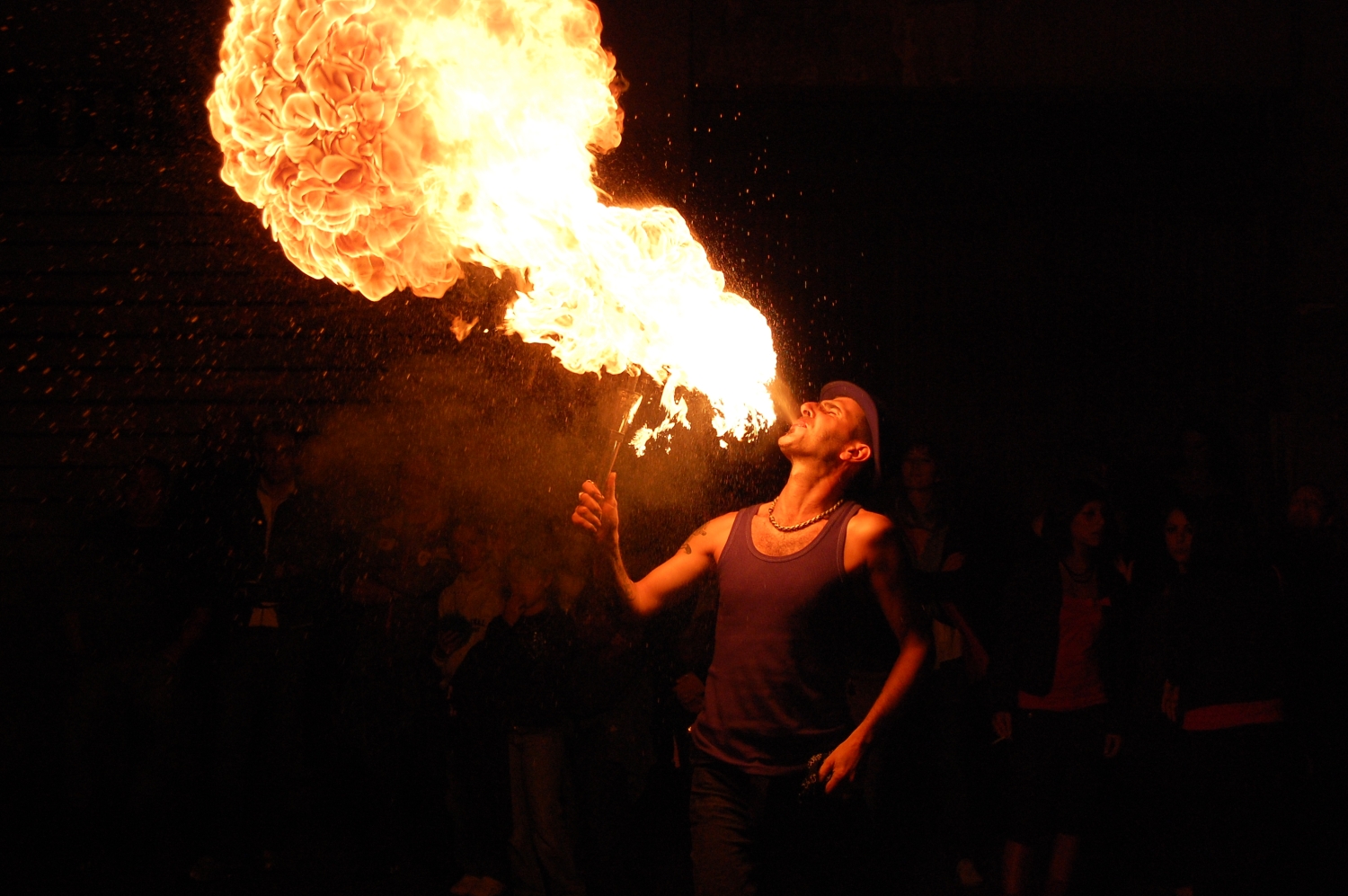
Arts & Culture
Censorship and celebration at La Mama

From an improvisational trapeze performer and fire eater in the 80s to a celebrated Melbourne Fringe ‘living legend’, Rinske Ginsberg reflects on a life on stage
Published 14 February 2018
Acting is not natural - but it can be learned, and Rinske Ginsberg passes on her wisdom about how the body can express an internal state; as well what it takes to make it as an actor.

Arts & Culture
Censorship and celebration at La Mama
The Melbourne Fringe ‘living legend’ reflects on life in Melbourne’s radical arts scene of the 1980s, and how performance and art making has changed since.
Episode recorded: December 8 2017
Producers: Dr Andi Horvath, Chris Hatzis and Silvi Van-Wall Audio engineer: Arch Cutherbertson Editor: Chris Hatzis
Banner image: Laura Canovaro/Flickr